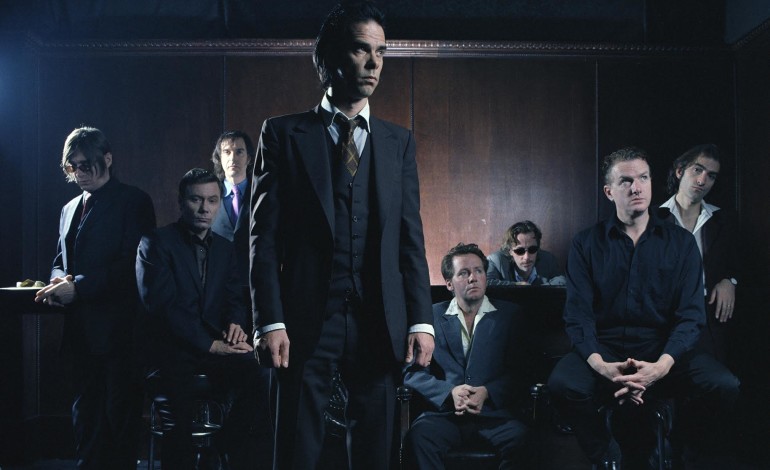
Nick Cave, the Australian musician and writer known as the front man for the band Nick Cave and the Bad Seeds, has spoken about his experience with grief following the death of his two sons in 2015 and 2022.
Cave is a famous singer-songwriter, screenwriter, and novelist who played a significant role in the post-punk movement as front man for the bands the Birthday Party and the Bad Seeds. He has produced famous scores for movies and TV shows, most notably known, perhaps, for his track Red Right Hand used in the Peaky Blinders series.
Alongside his successful career, Cave has battled personal hardships through the tragic losses of two of his sons. Cave lost his first son, 15-year-old Arthur, in 2015 when he tragically fell from a cliff in Brighton, Sussex. Only 7 years later he lost his second son, Jethro, who was 31 years old.
In an interview with Australian ABC News In-Depth on Tuesday the 12th of August, Cave commented that the loss of his sons led him to “turn his back on his disgraceful self-indulgence.”
One of the ways Cave coped with the the grief following the death of his first son was by starting a blog called The Red Hand Files. Launched in September 2018, it serves as a direct communication channel between Nick Cave and his fans. Through this platform, fans submit questions or thoughts, and Cave personally responds to selected entries in a thoughtful, candid, and often poetic manner.
The topics covered in the Red Hand Files are diverse, ranging from music, art, and literature to deeper personal reflections on life, grief, spirituality, and creativity. Cave’s responses are known for their eloquence, sensitivity, and philosophical depth, making the Red Hand Files a rich and intimate glimpse into his mind and worldview.
The loss of his sons changed the artist and his outlook on life and music. Replying to a post on the blog asking where his anger and rage had disappeared to, Cave replied: “I changed. For better or for worse, the rage you speak of lost its allure and, yes, perhaps I became a Hallmark card hippie. Hatred stopped being interesting. Those feelings were like old dead skins that I shed. They were their own kind of puke.”
In these files can be found entries relating directly to the loss of his sons, such as entry number 44: “For most of my life I have felt a strange gravitational pull toward an undisclosed traumatic event, that could only be described as a dreadful yearning, and I found it eventually in my son’s death – something that both destroyed me and ultimately defined me.”
He also commented on the tragedy in his sixth entry:
It seems to me, that if we love, we grieve. That’s the deal. That’s the pact. Grief and love are forever intertwined. Grief is the terrible reminder of the depths of our love and, like love, grief is non-negotiable.
